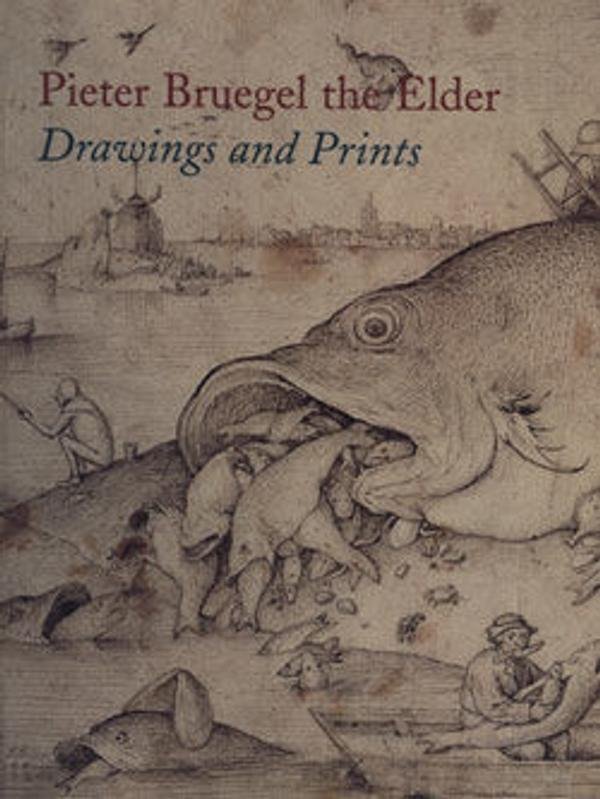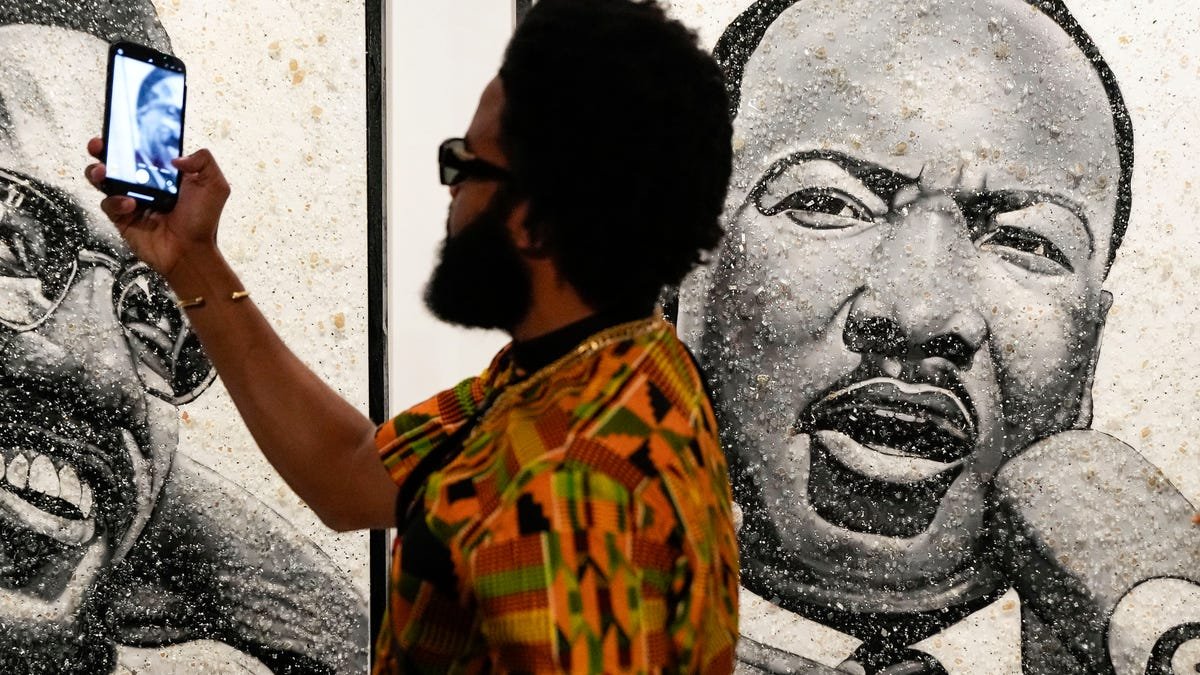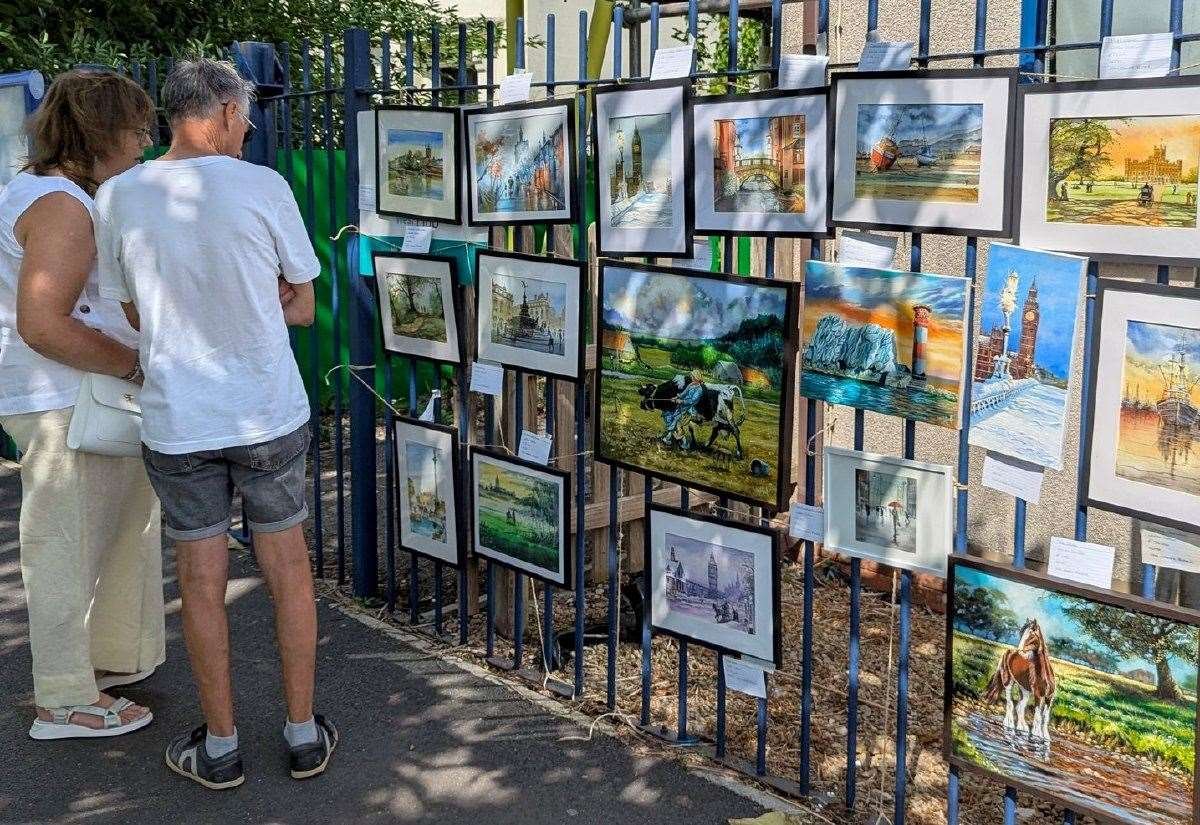One of the greatest Netherlandish artists, Pieter Bruegel the Elder (1525/30–1569) is best known today for his paintings of peasant life. Yet is was above all through his exceptional graphic work that he achieved widespread fame during the sixteenth century. His drawings and prints made after his designs, while based on traditional sources, are innovative and independent, and they are wide ranging in their subject matter.
Among Bruegel’s foremost achievements in the graphic realm is the naturalistic rendering of landscapes. In many instances inspired by the Alpine mountains and valleys the artists encountered during a journey in Italy he made as a young man, these views synthesize the imagery of Bruegel’s Italian and Netherlandish predecessors at the same time they represent a new and highly influential departure: an independent landscape genre entirely focused on nature. Indeed, a sixteenth-century authors famously wrote of Bruegel, “he teaches us to represent … the angular, rocky Alps, the dizzying views down into a deep valley, steep cliffs, pine trees that kiss the clouds, far distances, and rushing streams.” The master also created a body of peerless figurative designs featuring demons, virtuous souls, fools, and faceless peasants tilling the land. In allegories, portrayals of proverbs, and biblical narratives he dissected the imperfections of human nature, giving free rein to his imagination and wicked sense of humor. Often Bruegel produced what one early observer called “fantasies and bizarre things, dreams, and imaginations” that were closely based on the work of Hieronymus Bosch and inspired his contemporaries to call him the second Bosch.
Bruegel’s graphic work has recently been the subject of scholarship that has reevaluated the parameters of his oeuvre, assigning to other artists drawings formerly believed to be by his hand and adding some new sheets to the canon. The new Bruegel who has emerged from these studies is the subject of this volume, which accompanies an exhibition held at the Museum Boijmans Van Beuningen in Rotterdam and The Metropolitan Museum of Art in New York—surprisingly the first major show devoted solely to the master’s drawings and prints. In essays of interest to the general audience and scholars alike, an international group of experts discusses the artist’s life; his contributions as a draftsman and as a designer of prints; his social and intellectual context; and the posthumous survival of his art. Entries on the more than 140 works included in the exhibition further illuminate the master’s genius and reveal meanings hidden in the imagery. Every print and drawing in the exhibition is reproduced and numerous comparative illustrations are offered. Provenances and references for all works, a bibliography, and an index are supplied.






